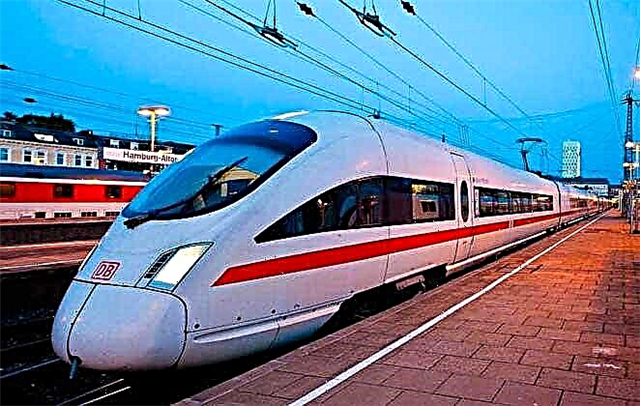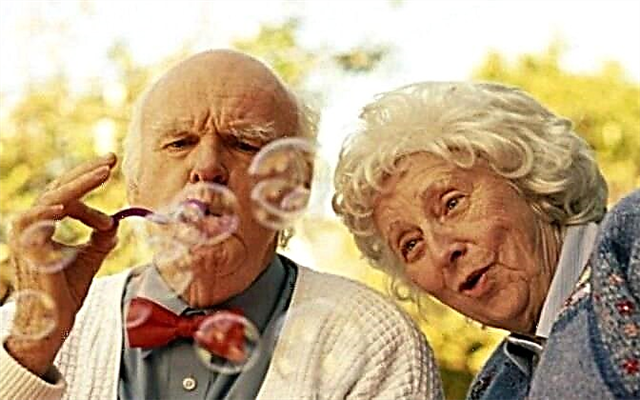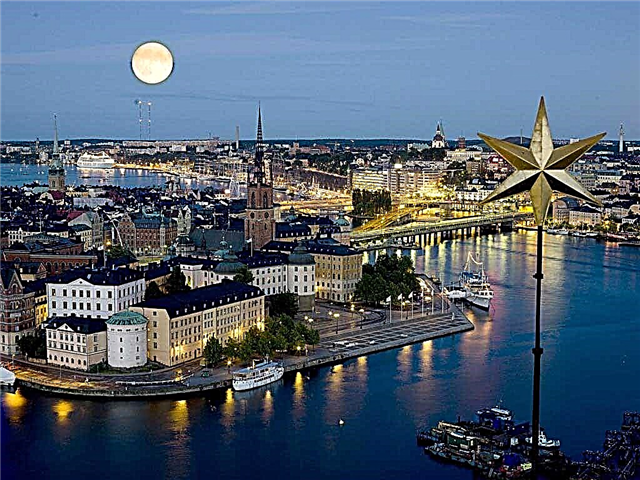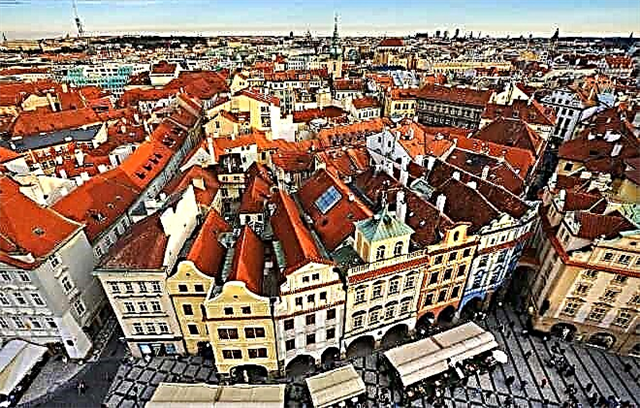Life in the Czech Republic is more comfortable compared to Russia, and this circumstance attracts many Russians thinking about immigration. But before deciding to move to the Czech Republic, it is worth weighing the pros and cons and learning more about how Russians live in Prague.

What attracts Russians to Prague
There are many reasons why Russians decide to go to the Czech Republic for permanent residence. Young people are attracted by European education, which can be obtained in Czech universities; families with children go in search of stability and high wages; entrepreneurs are looking for opportunities for business development, and retirees are looking for high-quality social and medical services.
Today, about 36,000 Russians live in the Czech Republic. The most attractive city for Russian migrants is Prague. And although it is difficult to say exactly how many Russians are in Prague, you can meet them quite often.
However, there are now fewer opportunities for relocation to this country. At the same time, if earlier in order to obtain Czech citizenship it was necessary to renounce Russian, then from 2021 this is not at all necessary.
The Czech Republic is experiencing a shortage of labor, so newcomers are willingly hired here. And yet, an employer can hire a foreigner only if the vacancy was publicly available for a month, but there were no Czech applicants for it. In the case of official registration, work in the Czech Republic for Russians is paid in the same way as for local residents.
The majority of Russian entrepreneurs are engaged in renting real estate in Prague, open cafes or excursion bureaus for Russian-speaking tourists.
Public schooling in the Czech Republic for Russians (as well as for other foreigners) is free of charge. In addition, they have the opportunity to study free of charge at any state university, provided they have sufficient knowledge of the Czech language. To do this, foreign applicants must pass the state language exam and provide the appropriate certificate to the admissions office.
Residence permit (temporary residence permit for more than 3 months) can be obtained if you are going to the Czech Republic to study, work or do business. The reason for the long stay must be documented (a certificate of admission to a Czech university, an employment contract, a certificate of company registration). The residence permit is issued for 1 year and needs to be renewed annually.
After 5 years of staying in the Czech Republic on the basis of a residence permit, you can apply for permanent residence (permanent residence permit), and after another 5 years - for obtaining Czech citizenship.
Russian community
Most of the Russian migrants live in Prague. Russians can be found in any area of the city, but most often they settle on the left bank of the Vltava River, and the most "Russian" areas are called Nové Butovice and Gurka.
The Russian community in Prague is very diverse, and each part of it supports its own ideas. The Czech capital is home to the Russian Center for Science and Culture, the Russian Tradition Society, the Russkiy Mir Foundation, and the Boris Nemtsov Academic Center.
Living expenses in Prague
Life in Prague seems to be quite comfortable for Russians. There is no significant property stratification in the Czech Republic, therefore, the conveniences that only well-to-do people in Russia can afford are available to the majority here.
The minimum wage is CZK 12,200 (€ 475) per month. The official average salary in the Czech Republic has now reached 1200 €.
Qualified foreign specialists (engineers, doctors) receive 1100-2500 €, in the IT sector - 1600-2700 €. Unskilled workers are paid 500-800 €. Prague has the highest salary level in the country.
Renting a property in the Czech Republic is quite expensive. A one-room apartment in Prague can be rented for 400-600 €, a two-room apartment for 700-800 €, a three-room apartment for 1000-1200 € per month. Utilities are 100-150 € per month, meals for one person - 200-250 €, Internet - up to 20 €, a single travel ticket for 1 month - 21 €, the cost of 1 liter of gasoline - 1.1 €.
If you do not want to spend money on rental housing, you can buy it, including by taking out a mortgage. The average cost per square meter in the capital of the Czech Republic is 3 420 €. A studio apartment in Prague costs 100,000-150,000 €, while buying a home on the secondary market will cost 15-20% less.

In general, the standard of living in the Czech Republic is higher than in the post-Soviet states, but lower than in Western European countries. Education in public schools and universities is free, you will not have to pay for medical care if you have an insurance policy, and food in the Czech Republic is one of the cheapest in the EU. But if only one person works in an immigrant family, then even with a high salary, his income is not always enough for a wealthy life.
Pension security
If a citizen of the Russian Federation has permanent residence in the Czech Republic, he can receive a pension in this country. Moreover, pensions in the Czech Republic are paid even to those who have worked in Russia all their lives. The amount of the Czech pension benefit is calculated at the rate that is accepted for a similar specialty in the Czech Republic, taking into account the length of service and scientific degrees. However, it should be borne in mind that the retirement age in the Czech Republic is higher than in Russia: 63 years for women and 65 years for men. In addition, from 2021 it can be increased.
You cannot receive Russian and Czech pensions at the same time. To apply for a pension in the Czech Republic, it is necessary to go through the procedure for de-registration in the Russian Federation and submit the necessary documents to the social security authorities of the Czech Republic.
If the applicant had work experience both in the Russian Federation and in the Czech Republic, then the amount of payments is calculated according to a separate scheme. On average, pension payments in the Czech Republic are 465 €. These funds are enough for a rather modest lifestyle, so many Czech retirees are looking for additional sources of income - for example, they receive rent for renting out real estate.
Attitude towards Russians
Opinions about how Prague treats Russian tourists and migrants are often diametrically opposed. It should be noted that the Czechs are very conservative and generally do not like foreigners very much. In addition, they are characterized by restraint, mutual politeness and accuracy, therefore, they often perceive the "breadth of the Russian soul" as bad manners, aggressiveness and obsession. That is, we can say that the attitude towards Russians in Prague directly depends on the behavior of migrants.
Correctness, benevolence, the ability to adapt to Czech rules and traditions, as well as knowledge of the state language help to establish friendly contacts with the indigenous population.
Another reason why Russians are not liked in Prague is that during the Soviet era, Russians acted as occupiers in this country, and many Czechs did not forget and did not forgive. Therefore, in order to avoid conflicts, it is recommended to avoid talking about politics and openly demonstrating "great power".

Positive and negative sides of life in the Czech Republic
To give an objective assessment of how Russians live in Prague, one should take into account all the pros and cons of migration realities.
Positive factors include:
- decent standard of living;
- developed social infrastructure;
- low crime rate;
- simple rules of doing business, low level of corruption;
- free education, a diploma of higher education of the European standard;
- quality medical care;
- good roads, convenient public transport;
- mild climate, beautiful nature;
- the country has many interesting historical and cultural attractions, exhibitions, festivals;
- the ability to freely visit other EU countries.
Among the cons are:
- the difficulty of obtaining a work visa and residence permit;
- a limited number of high-paying jobs for foreigners;
- a wary attitude towards Russians due to the historical past;
- high cost of many types of services;
- high utility bills;
- relatively small pensions;
- expensive gasoline;
- lack of seaside resorts.











